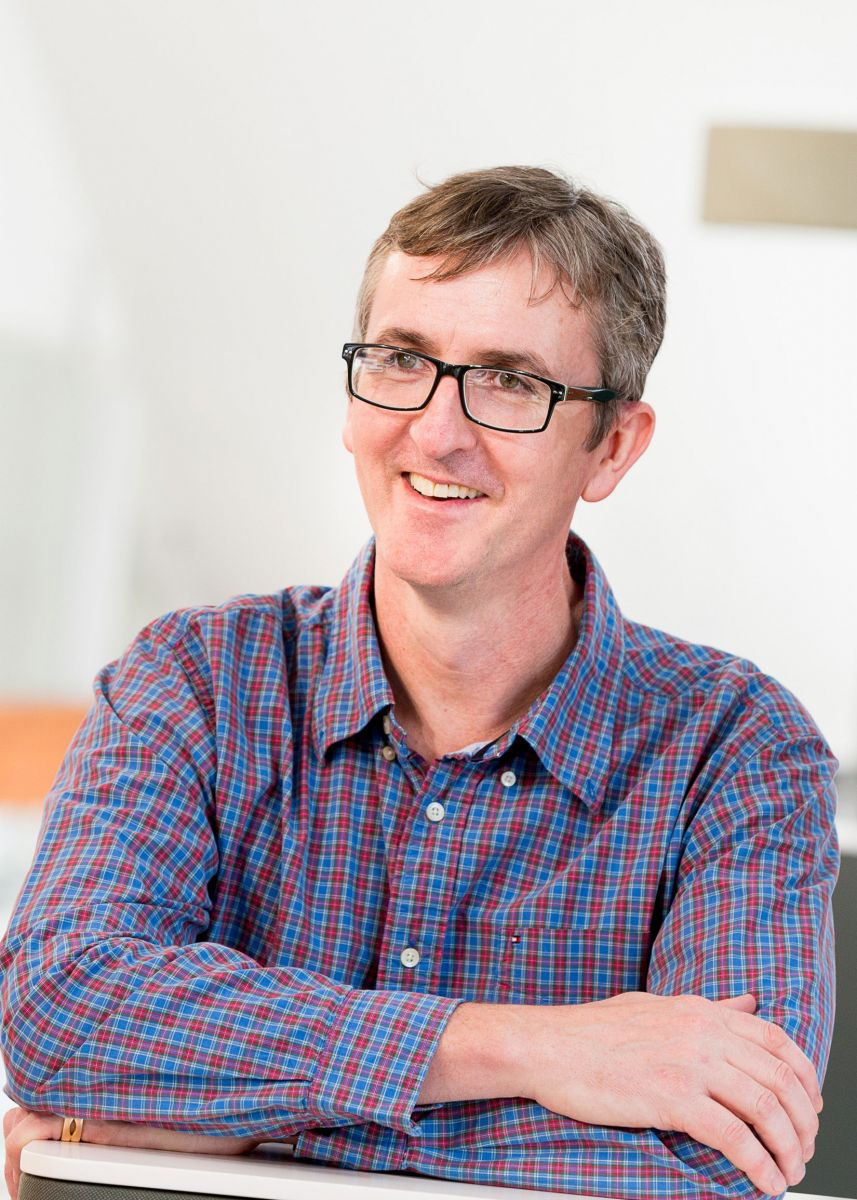Guest Message - Spencer Williams, Associate Director, Commercialisation
 At this time of year our lecture theatres, hallways and lab offices fill with the sounds of Honours and Masters graduate research students busily completing their projects and preparing to present their reports in thesis and oral formats. Last Wednesday and Thursday the School of Chemistry MSc/Hons students presented their talks in the Bio21 auditorium and this week the Department of Biochemistry and Molecular Biology Honours students presented their final talks. While a stressful time of year for most, it is very exciting, as we all get to see how projects that were once mere scribblings on notepads have blossomed over the 1-2 years of their projects. I for one enjoy this ‘season of completion’ as a festival of new science and feel great pride in all my students having seen how they have grown as scientists over the period of their study. As a place of learning, it is important to remember one of the primary missions of the university is training. And as a multidisciplinary research Institute, equipped with platform technology facilities and technical support staff, the Bio21 Institute provides a unique ‘village’ for students to receive training in a range of high end technologies.
At this time of year our lecture theatres, hallways and lab offices fill with the sounds of Honours and Masters graduate research students busily completing their projects and preparing to present their reports in thesis and oral formats. Last Wednesday and Thursday the School of Chemistry MSc/Hons students presented their talks in the Bio21 auditorium and this week the Department of Biochemistry and Molecular Biology Honours students presented their final talks. While a stressful time of year for most, it is very exciting, as we all get to see how projects that were once mere scribblings on notepads have blossomed over the 1-2 years of their projects. I for one enjoy this ‘season of completion’ as a festival of new science and feel great pride in all my students having seen how they have grown as scientists over the period of their study. As a place of learning, it is important to remember one of the primary missions of the university is training. And as a multidisciplinary research Institute, equipped with platform technology facilities and technical support staff, the Bio21 Institute provides a unique ‘village’ for students to receive training in a range of high end technologies.
It is a privilege to supervise students through what is often one of the most formative periods of their lives. The technical knowledge that students acquire is probably secondary to more generic skills of planning, presentation and research that they acquire over the course of their studies. Thus, while science is ever-changing and in many cases either passes its use-by date or is superseded, the ability to use scientific ways of thinking to penetrate and dissect difficult concepts will stay with our students through the rest of their lives. For some their MSc/Hons studies will be the end of their formal scientific training. For others, it is a step on the path to a higher degree. But for all, the deeper knowledge of science and the understanding of the nature of research will support them to become productive and informed citizens who can critically and authoritatively challenge the muddy thinking, poor reasoning and sometimes deliberate obfuscation that often clouds commentary in the media and the global political discourse.
If nothing else, a lot can be said about the insight that research training provides into the scientific method. Carl Sagan offered the following pithy quote that summarizes this well:
"At the heart of science is an essential balance between two seemingly contradictory attitudes – an openness to new ideas, no matter how bizarre or counterintuitive they may seem to be, and the most ruthless scrutiny of all ideas, old and new. This is how deep truths are winnowed from deep nonsense."
One of the interesting features of modern scientific training is that it still reflects the apprenticeship nature of the scientific enterprise – training by doing. And it is a paradox of modern research that our Universities still use the training of students as the main vehicle through which we conduct the most ground-breaking of research. It is worth considering this point closely – the fundamental knowledge that we create in the engines of discovery that comprise our universities, more often than not comes not from the hands of seasoned experts, but rather from the novice. Of course this is not done alone: the supervisor provides the physical equipment and intangible intellectual assets; the University provides the foundational education in the technical aspects of science; and the community of a department, or institute, such as Bio21 both supports and challenges us to conduct our research with the rigour that Carl Sagan would demand. Truly, it takes a village to raise a scientist.
Spencer Williams
Associate Director, Commercialisation

